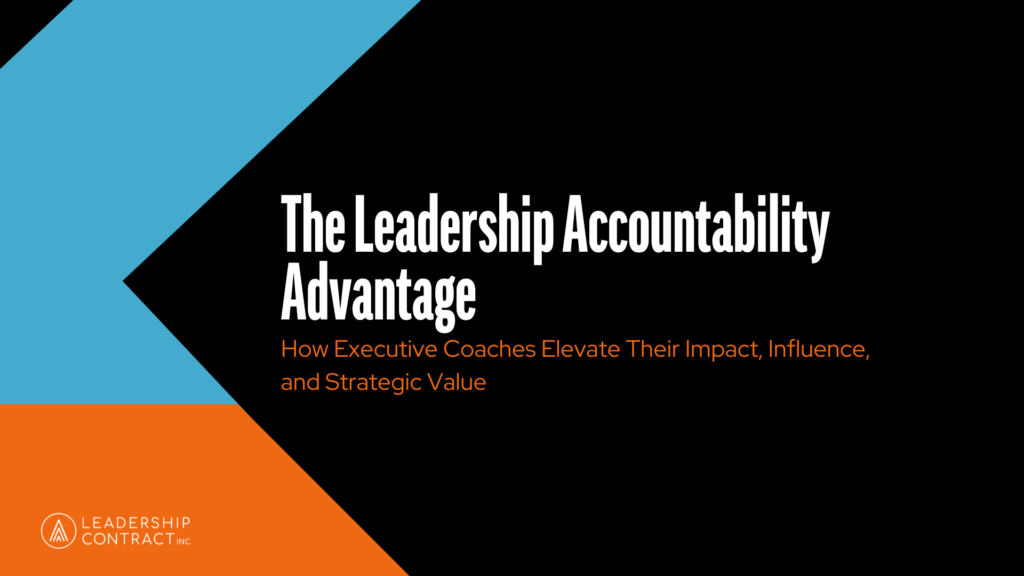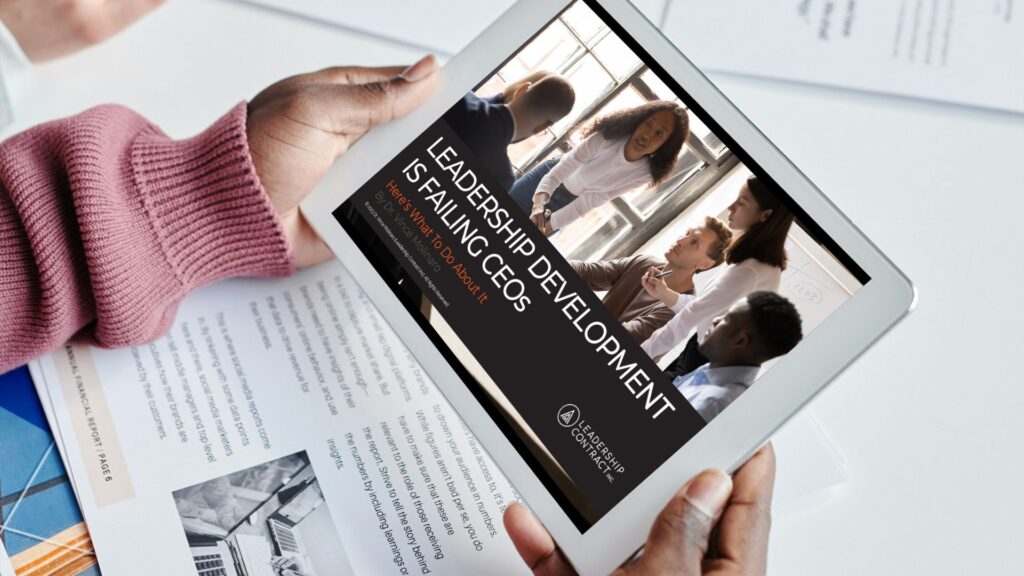The Big Picture
When I wrote my book Accountable Leaders, I warned that geopolitical instability would become a significant force in business. Today, that prediction feels understated, almost naive, given the seismic shifts we have been experiencing in recent months.
What the Data Says
Here’s what’s fascinating: In my book, I noted that 52% of CEOs saw geopolitics significantly impacting their companies, yet research revealed few . CEOs were taking proactive steps to manage it.
According to recent WEF data, state-based conflicts and geoeconomic confrontations are two of the top three most pressing material threats of 2025—something that wasn’t even on the radar just a few years back.
The shift has been dramatic. In our research, managing geopolitical challenges once sat at the bottom of organizations’ strategic priorities. Today? They’re the number one concern keeping senior executives we work with up at night.

Why it Matters
But here’s the real kicker: Despite these escalating risks, many leaders still aren’t taking active steps to address them. In discussions with senior executives, many say, “We saw some of the signs. We just didn’t think they’d affect us.” Three key lessons I’m learning through all of this are that geopolitical awareness isn’t optional—it’s a core accountability of leaders moving forward.
The Bottom Line
The question isn’t whether geopolitical forces will impact your organization. We have all learned that no one is immune. The real differentiator will be whether you’re prepared and able to manage the risks and take advantage of the existing opportunities.
What to watch:
Leaders must:
• Actively monitor global political risks
• Prepare for potential disruptions
• Look for opportunities amid challenges
Share your approach:
What geopolitical risks are you tracking? How are you anticipating? How are you responding?
#Leadership #BusinessStrategy #GeopoliticalRisk #GlobalBusiness #USTariffs #Tariffs #accountableleaders #leadershipaccountability
© 2024 Leadership Contract Inc. – All Rights Reserved








